What year is widely considered the beginning of modern Emergency Medical Services?
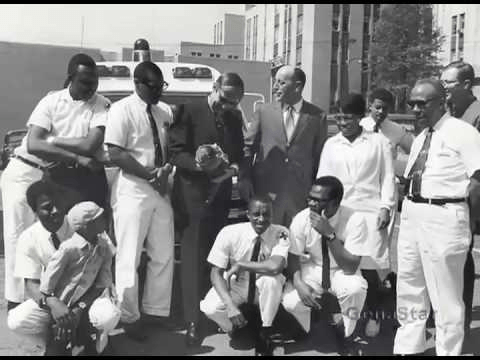 What is 1966?
What is 1966?
What is the primary role of an EMT?
What is to provide emergency medical care and transport patients? 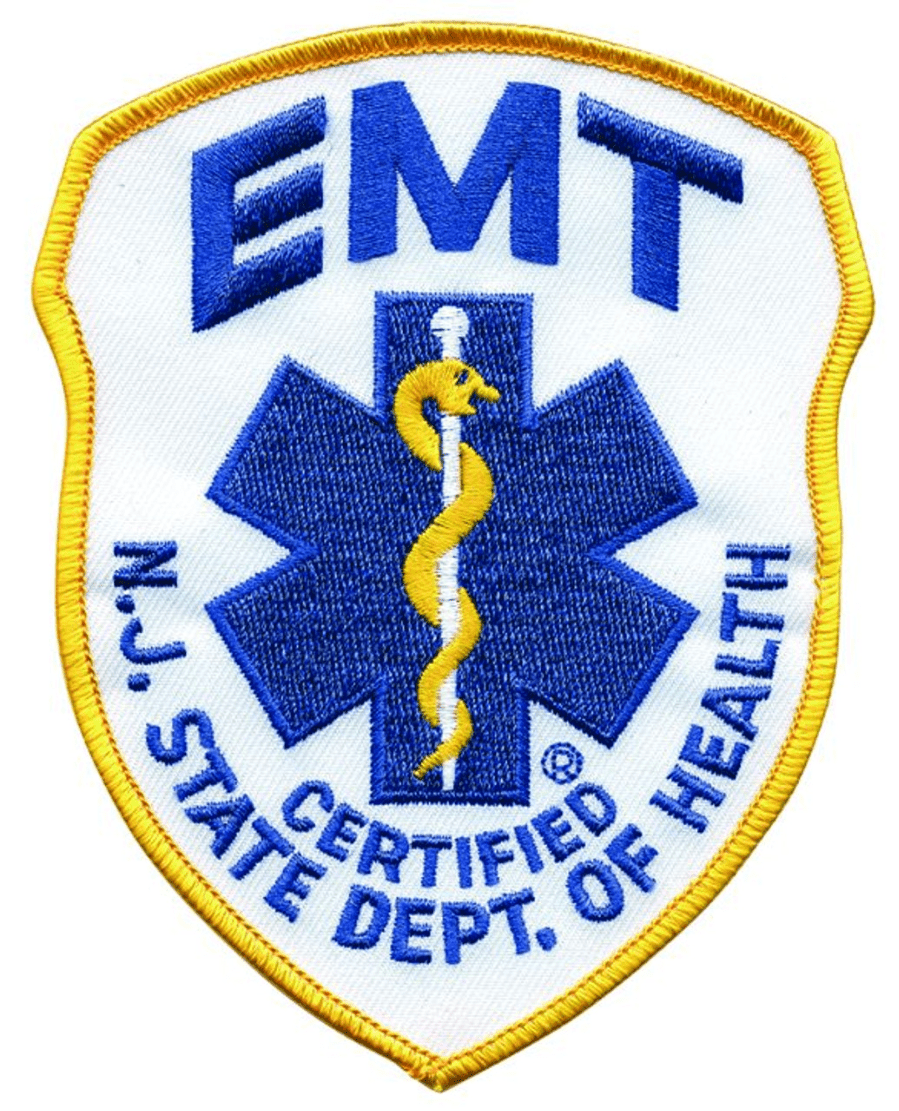
What is the primary device used to monitor a patient's heart rate?
What is an ECG monitor? 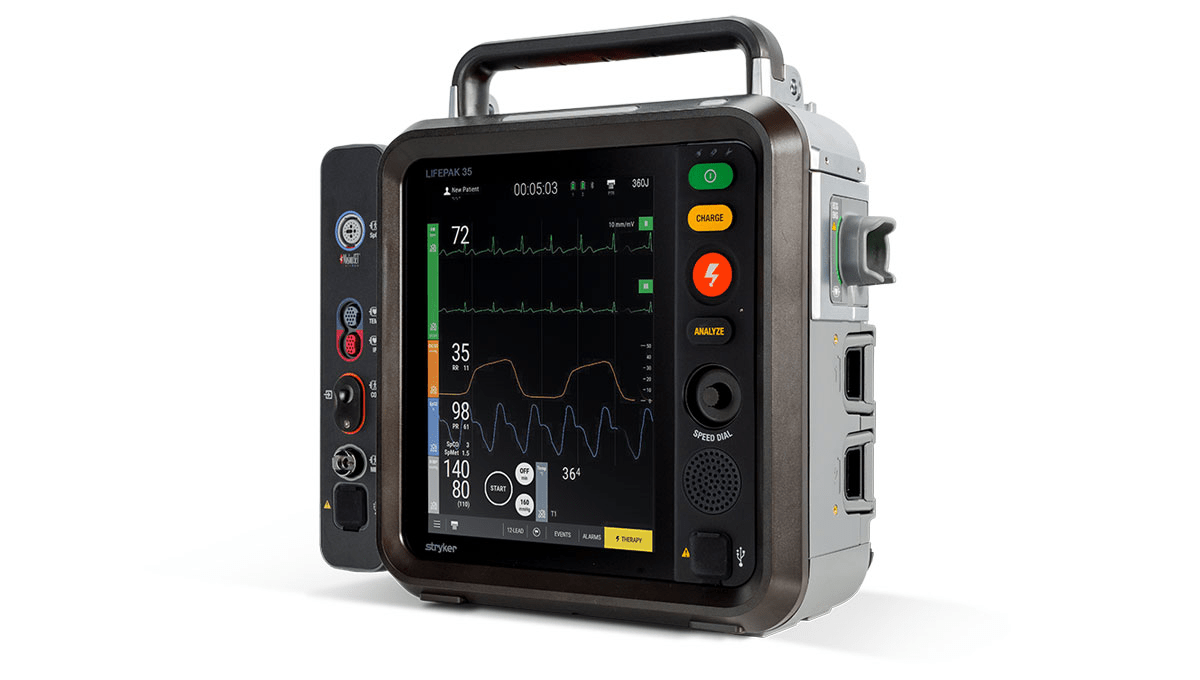
What is the first step in providing patient care?
What is assessing the patient's condition? 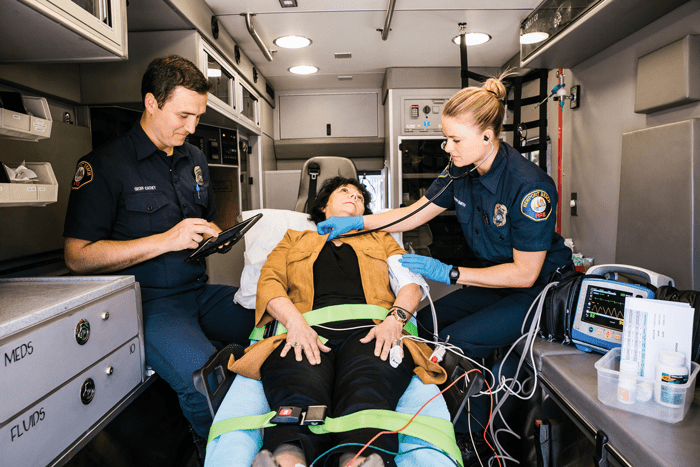
What is the purpose of EMS protocols?
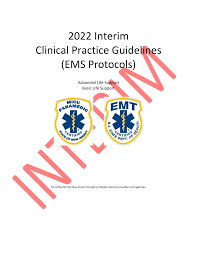 What are the guidelines to ensure consistent and effective patient care?
What are the guidelines to ensure consistent and effective patient care?
Who was the first to establish a formal ambulance service?
Who is Napoleon Bonaparte? His chief surgeon, Dominique Jean, Baron Larrey 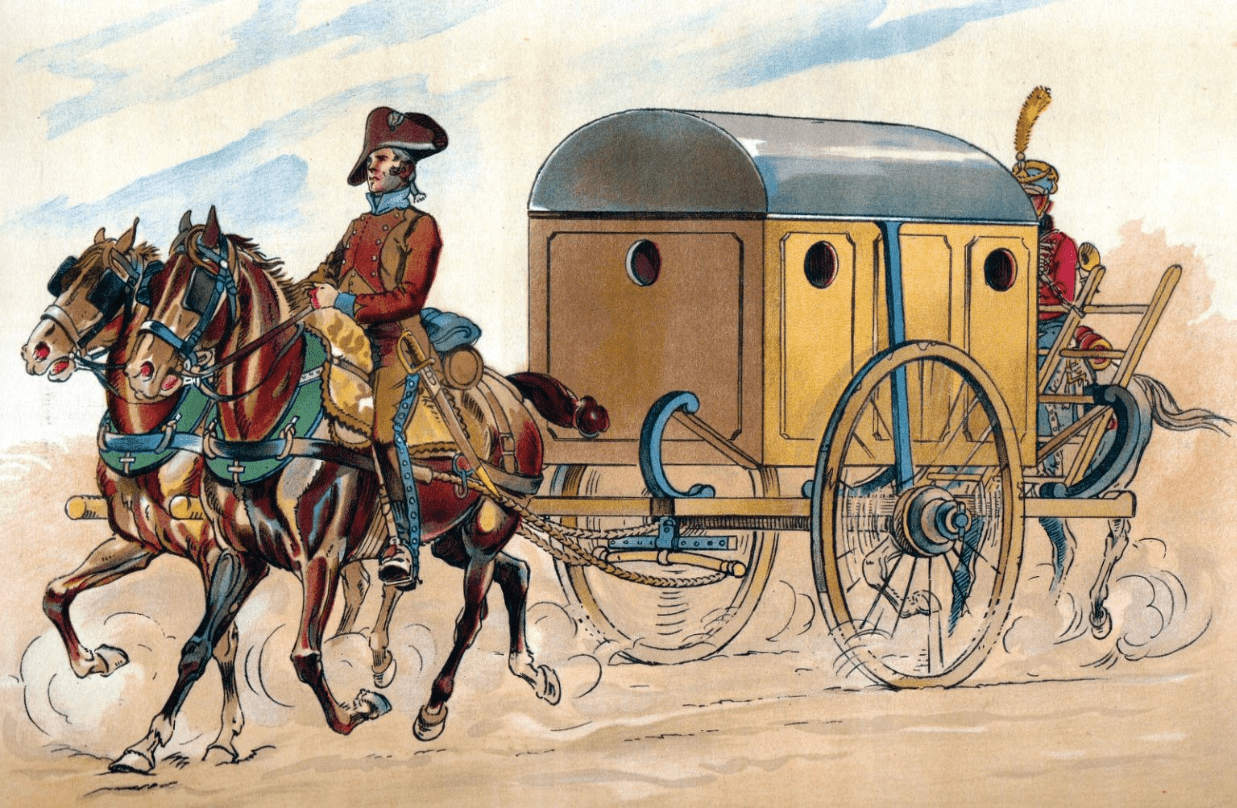
What team member in EMS primarily handles advanced medical procedures?
Who is a paramedic? 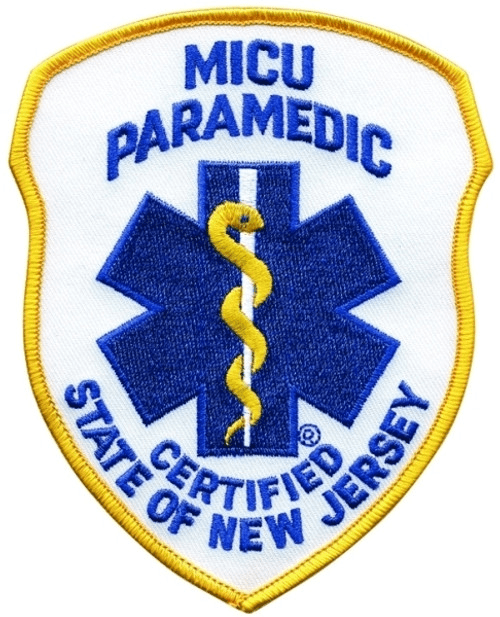
Which piece of equipment is essential for delivering oxygen to a patient?
What is an oxygen tank? 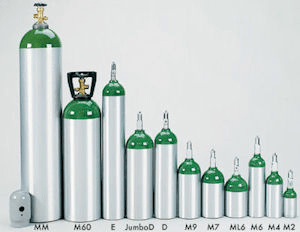
What vital signs are typically assessed by EMS personnel?
What are heart rate, respiratory rate, blood pressure, and temperature? 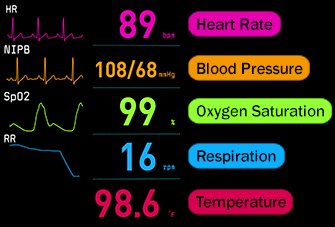
What is triage in the context of emergency services?
What is the process of prioritizing patients based on the severity of their condition? 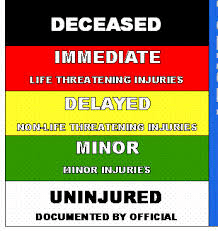
What significant report in 1966 helped shape the EMS system in the United States?
What is the "White Paper"? 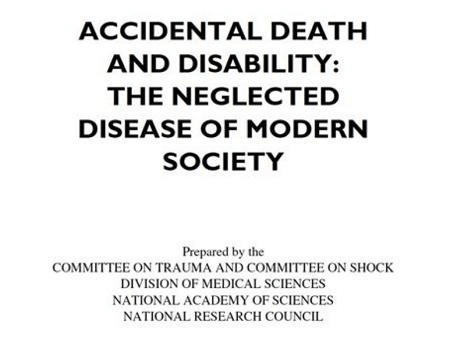
What is one responsibility of EMS personnel at the scene of an emergency?
What is ensuring scene safety? 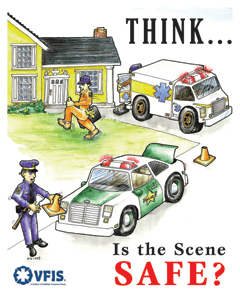
What is the purpose of a defibrillator?
What is to restore normal heart rhythm in cases of cardiac arrest? 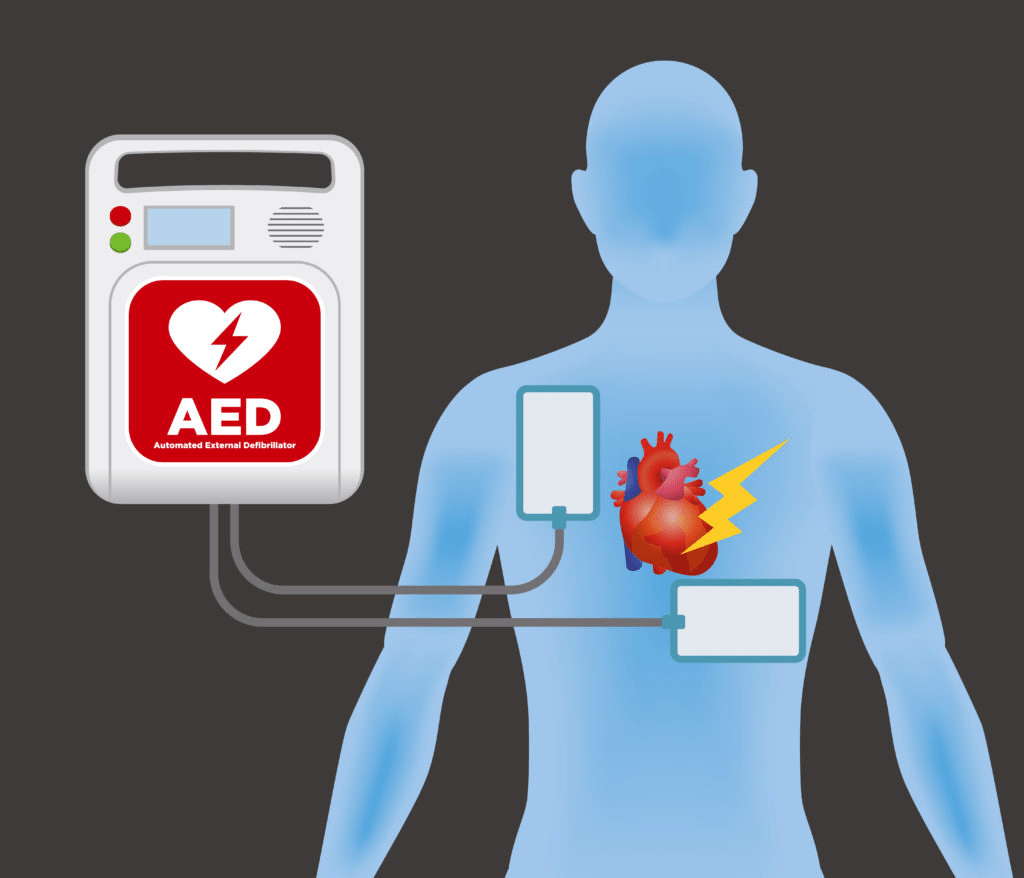
What is the purpose of administering CPR?
What is the purpose of maintaining blood flow to the brain and heart during cardiac 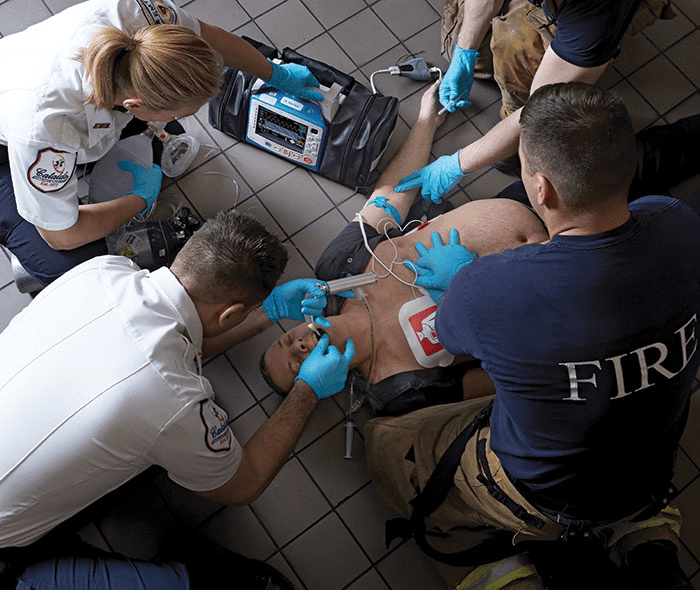 arrest?
arrest?
What is the difference between BLS and ALS?
What is Basic Life Support provides foundational care, while Advanced Life Support includes more complex interventions? 
How has the role of EMS evolved from its inception to today?
What is the expansion of roles to include advanced life support and community paramedicine?
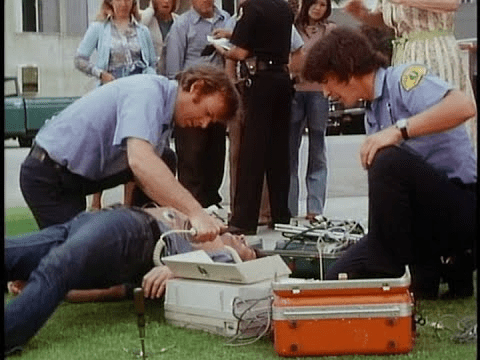
How do EMS personnel communicate with hospitals during patient transport?
What is through radio communication or mobile data terminals? 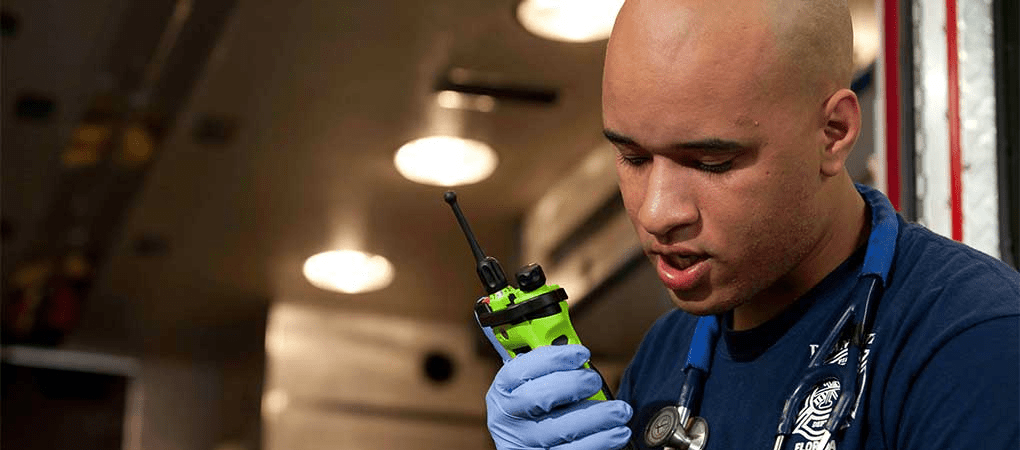
Name a common tool used for immobilizing a patient's spine.
What is a cervical collar? 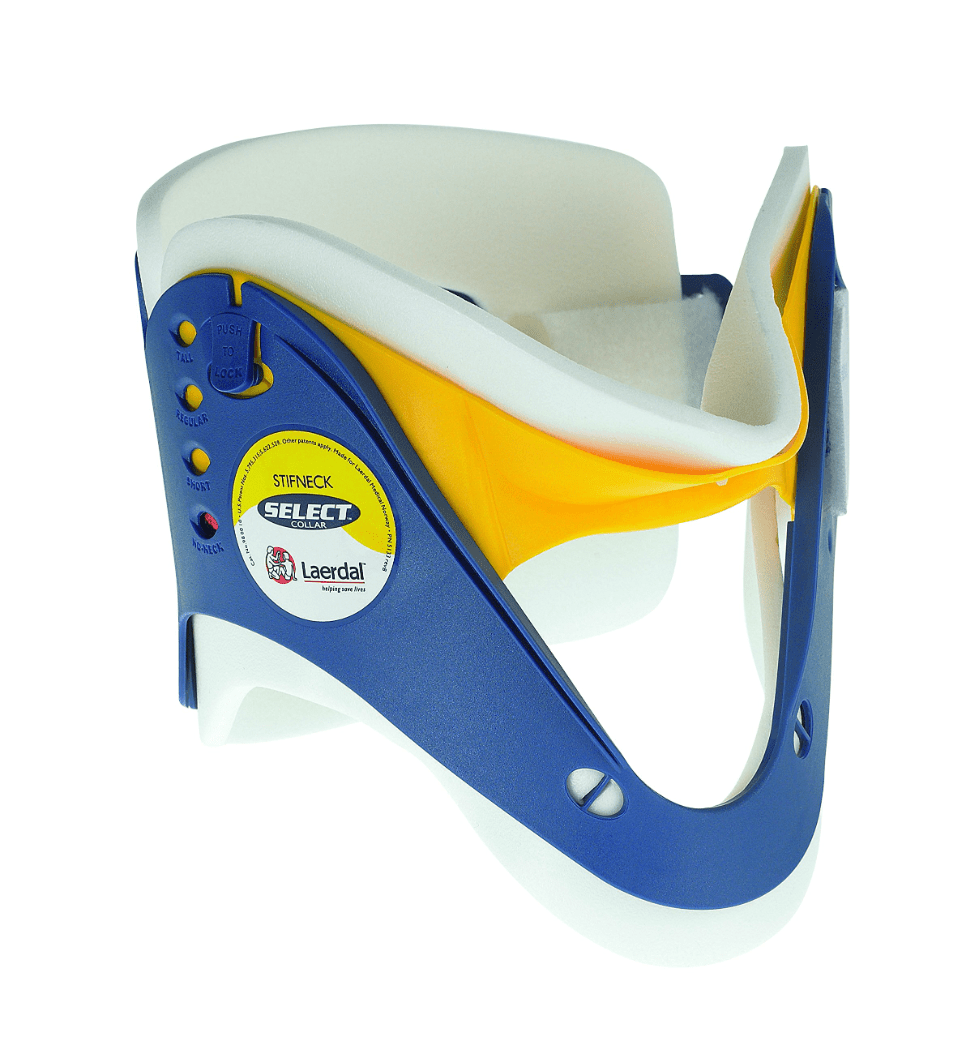
What is one method of controlling severe bleeding?
What is applying direct pressure or using a tourniquet? 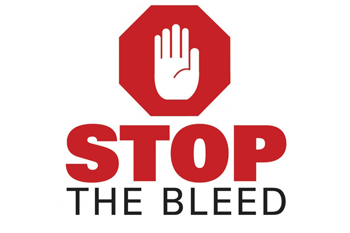
What are the steps involved in the patient handoff process?
What is providing a verbal report, handing over patient information, and ensuring understanding between EMS and hospital staff? 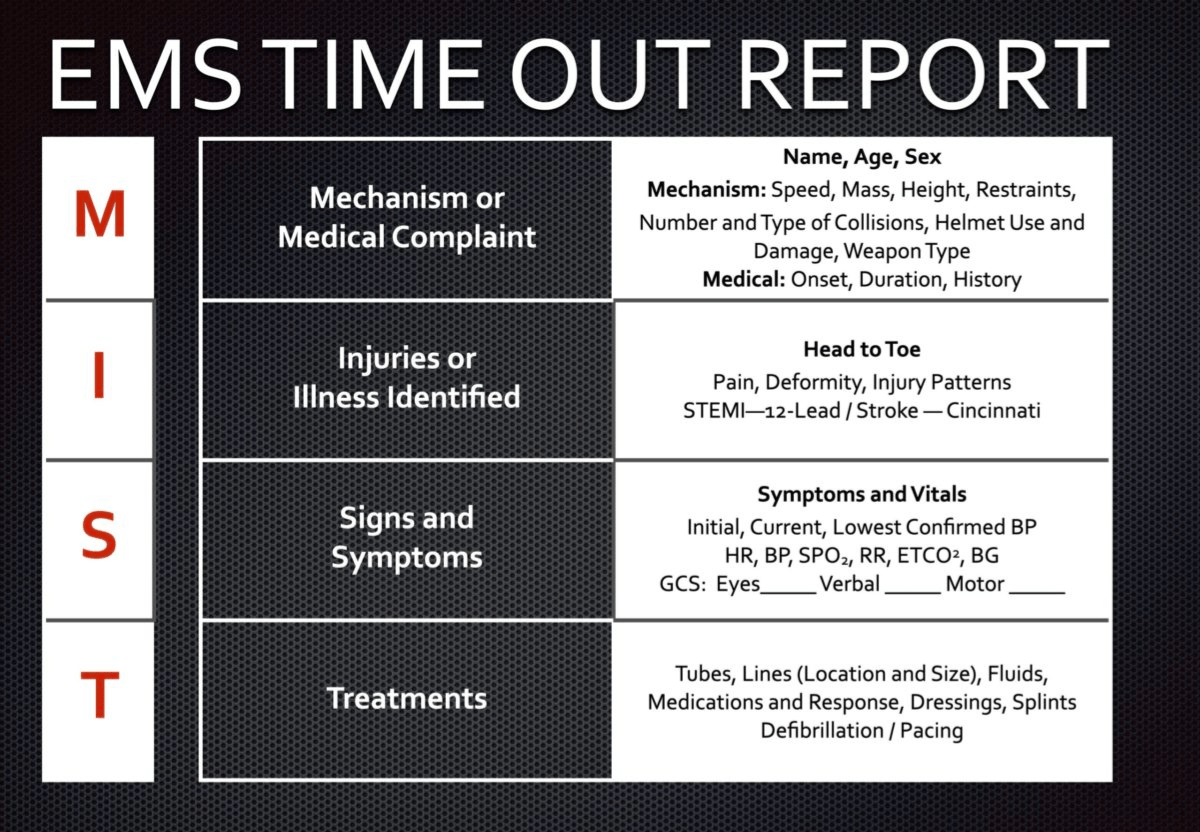
What federal legislation in 1973 significantly impacted the development of EMS systems?
What is the 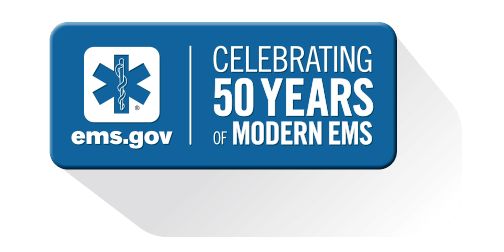 Emergency Medical Services Systems Act?
Emergency Medical Services Systems Act?
What is the importance of teamwork in EMS operations?
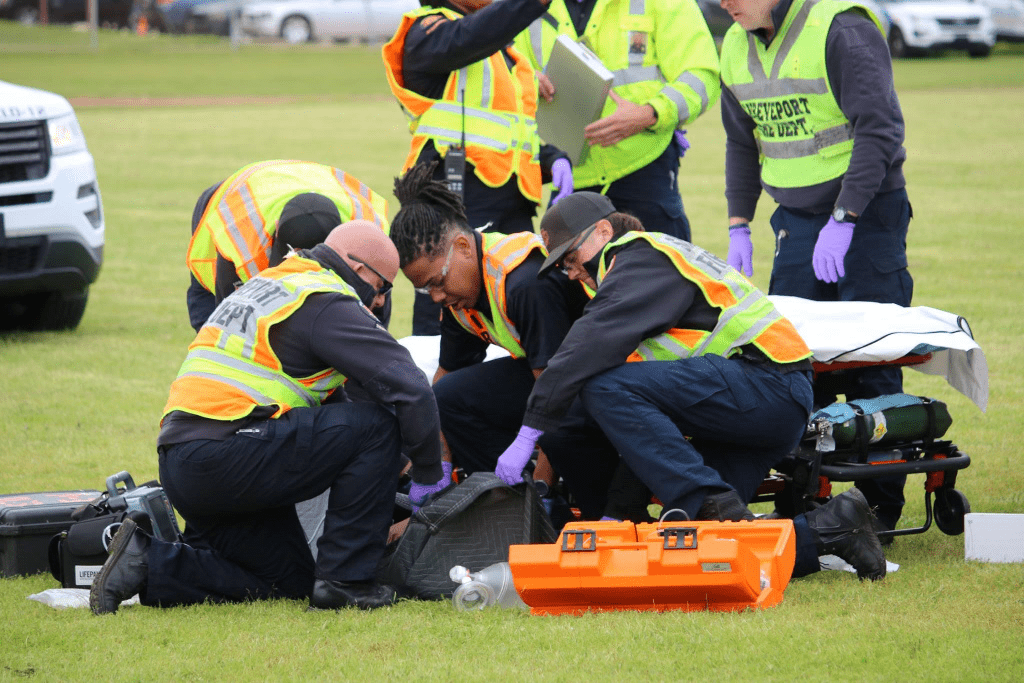 What is to ensure effective and efficient patient care through coordinated efforts?
What is to ensure effective and efficient patient care through coordinated efforts?
What is the function of a blood pressure cuff in emergency care?
What is to measure the patient's blood pressure to assess cardiovascular health? 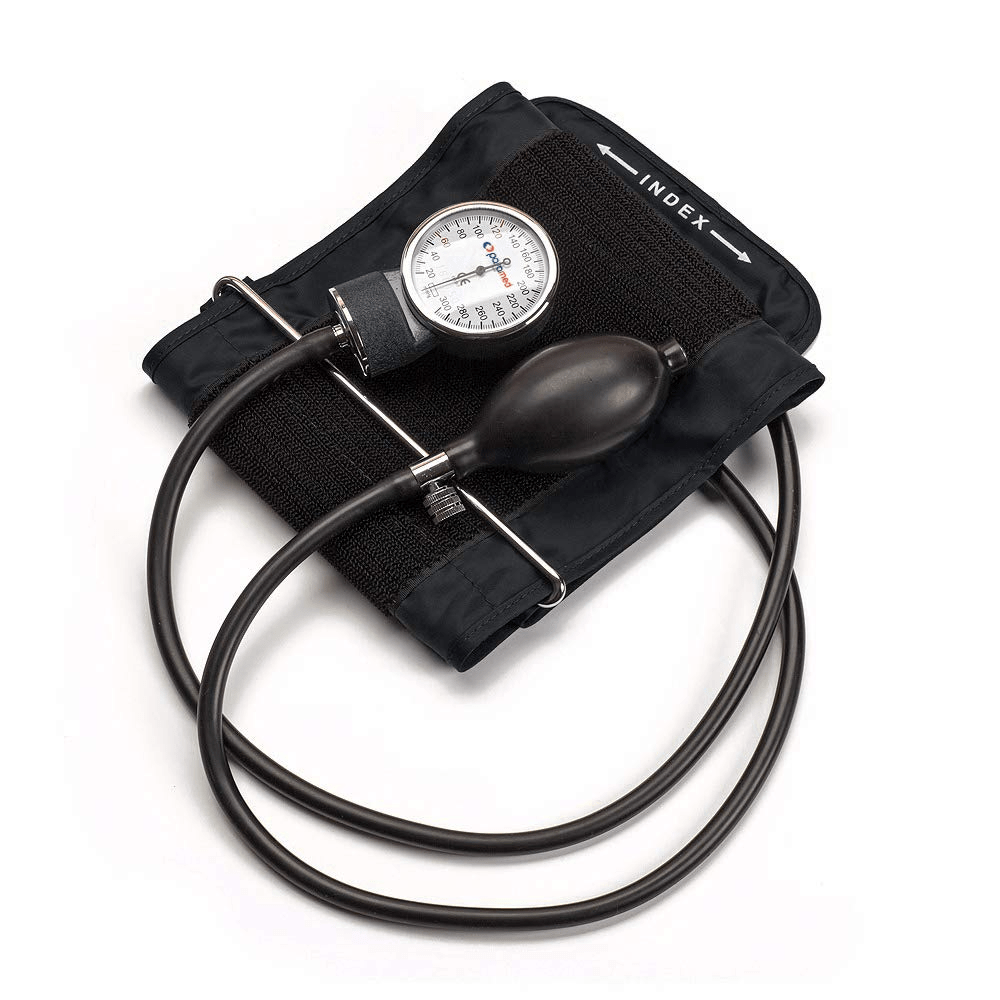
What are the signs of shock that EMS personnel need to recognize?
What are confusion, rapid heartbeat, shallow breathing, and pale skin? 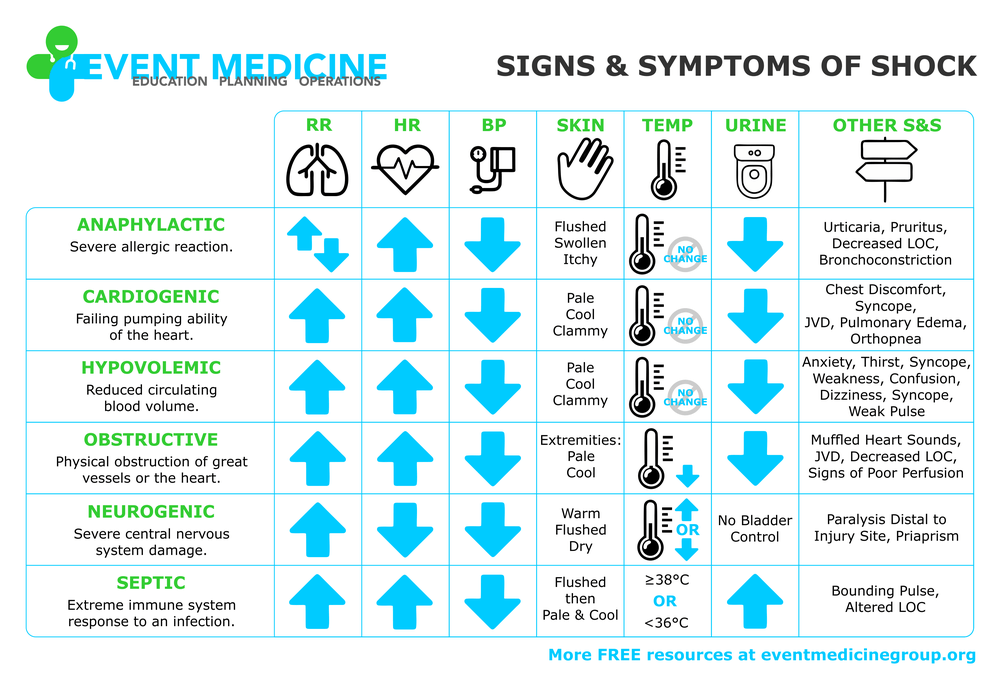
How do local EMS agencies develop their protocols, and who is involved in this process?
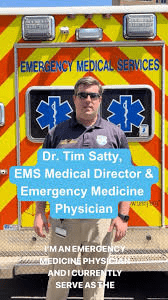 What is through collaboration among medical directors, EMS personnel, and community stakeholders?
What is through collaboration among medical directors, EMS personnel, and community stakeholders?